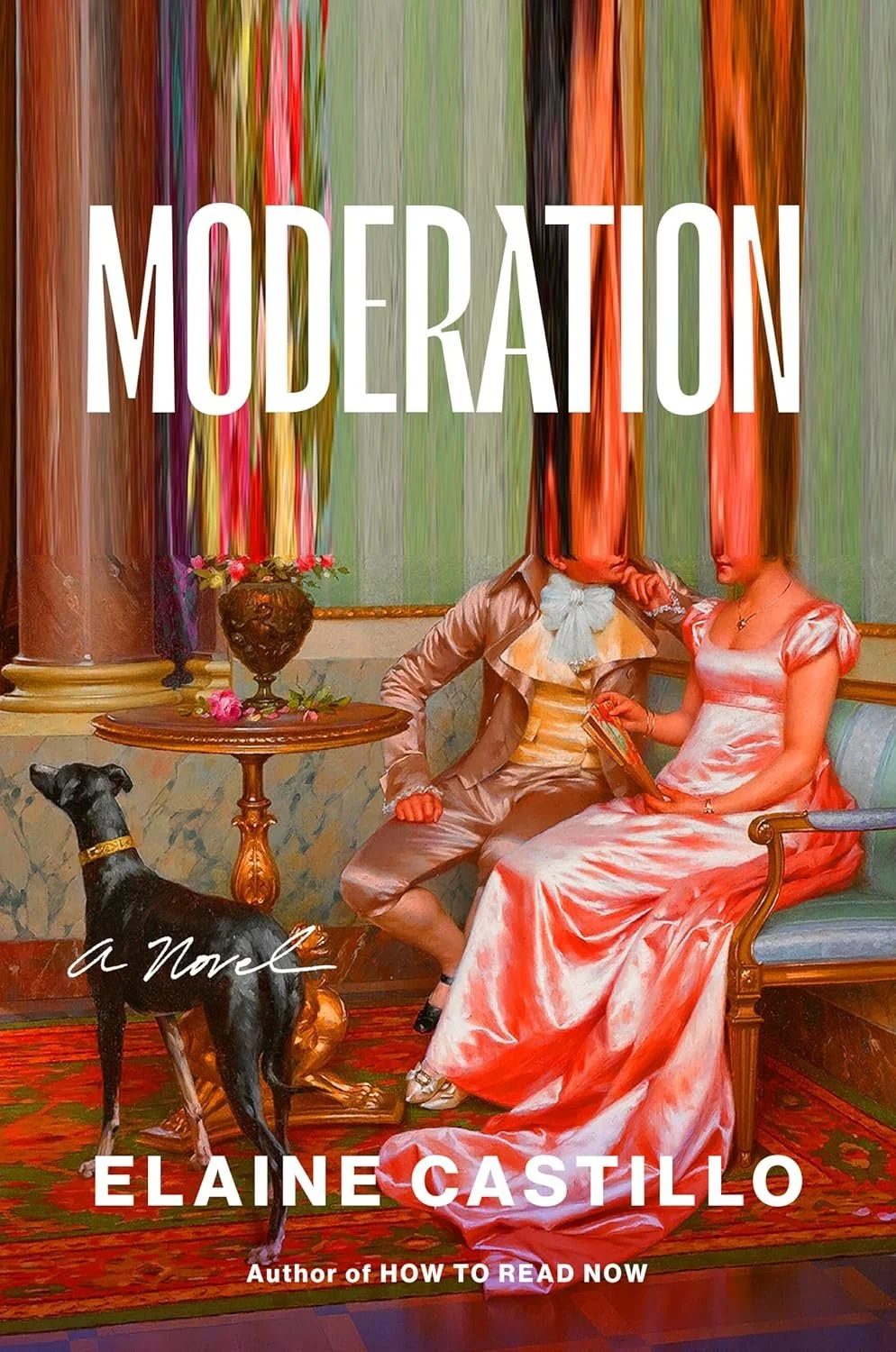The Safekeep, Yael van der Wouden
“Van der Wouden has created a satisfyingly twisted narrative that, at times, has the urgency of a psychological thriller.”
Yael van der Wouden’s compelling debut is set in the rural Dutch province of Overijssel in 1961. Isabel lives alone in the house to which she, her two brothers and their mother moved at the end of the Second World War. She spends most of her time keeping it in immaculate order – for ‘a house is a precious thing’. However, her reclusive life is upended when her philandering older brother insists that his new girlfriend Eva stays with her for the summer. Isabel is initially antagonistic towards her visitor, and believes she means mischief. But gradually she realizes that neither her feelings about Eva nor the girl herself are what she thought.
Van der Wouden has created a satisfyingly twisted narrative that, at times, has the urgency of a psychological thriller. She also offers an eloquent testimony to the injustice meted out to Dutch Jews both during the War and in the years that followed. Her exploration of the War’s effects on Eva and Isabel is especially powerful: Eva puts on a brave face by day but suffers night terrors that reduce her to trembling tears; Isabel, already haunted by memories of ‘the whistle of planes and knocks at the door’, feels increasing shame at her reluctance to acknowledge the Holocaust’s legacy – including her family’s acquisition of a home that was never rightly theirs.
But The Safekeep isn’t only about guilt and trauma – it’s also about love. Through her feelings for Eva, the initially misanthropic Isabel learns empathy, while Eva’s faith in human kindness is slowly restored through Isabel’s solicitude. Their deepening relationship, and the novel’s redemptive final chapter, offer reassurance that damaged people can still experience tenderness, and that it is possible to make some reparation for even the most serious wrongs of the past.
Editorial Picks




